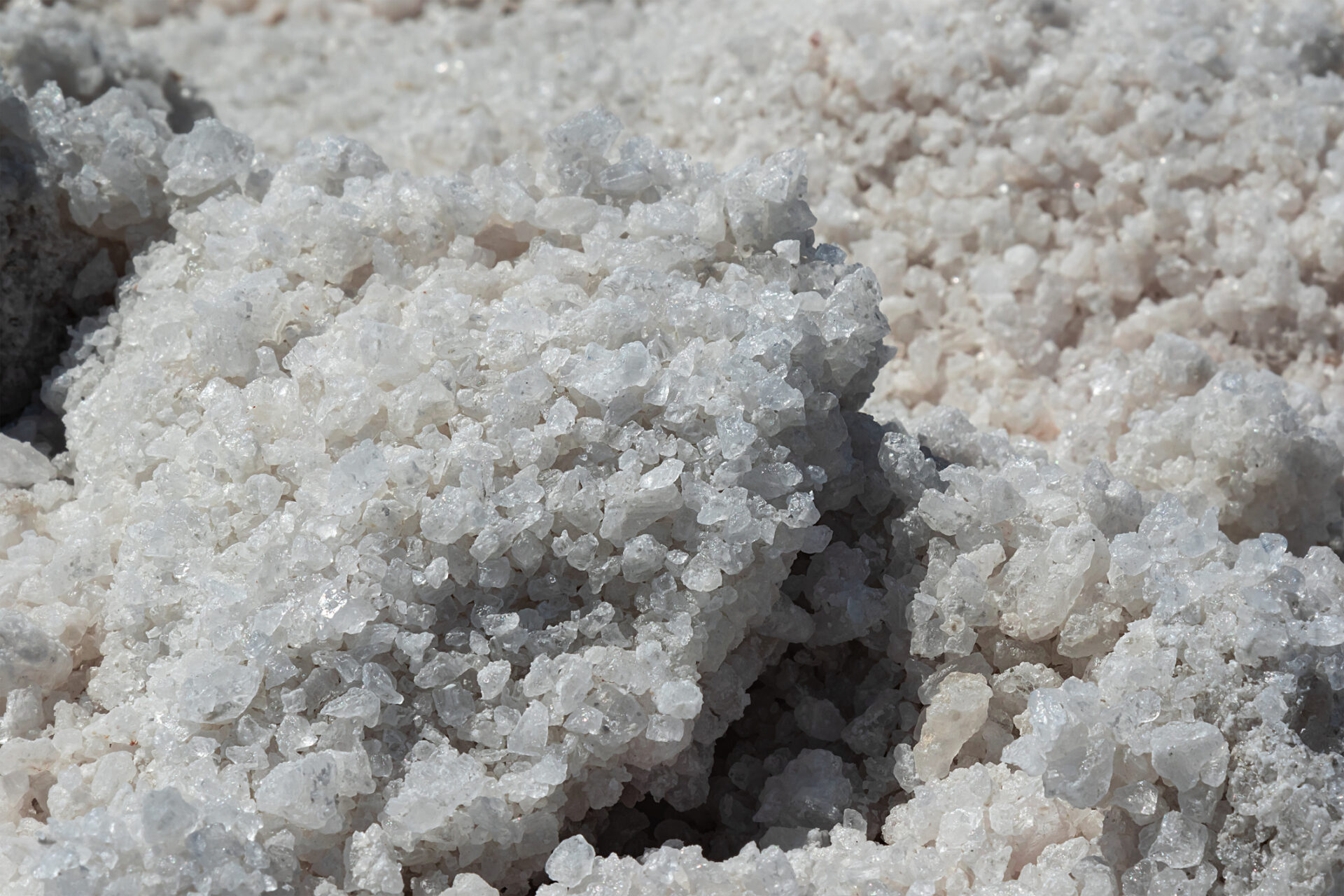Sodium seems to get a bad rap, but is it really deserved? The World Health Organization (WHO) recommends that we limit our consumption in order to reduce our risk of high blood pressure and to improve our heart health. In fact, the WHO states that “too much sodium is responsible for nearly 2 million deaths per year” and that we should have a maximum of 2 grams a day of sodium. Are all these sodium myths true?
There is a lot more to the story. Sodium is an essential mineral that is critical for hydration, performance, and energy. Low sodium intake can cause a host of symptoms including “Brain fog, lethargy, irritability, weakness, muscle cramps, and headaches.” Another scary outcome of low sodium diets is breaking down bone. If our body is deprived of sodium, it will begin to find other sources in our bones to make up for it. As Robb Wolf of LMNT states, “Your body would rather have osteoporosis than low blood sodium.”
Robb explains that the WHO’s sodium limit of 2 grams “is way too low, especially for active people… the sweet spot is between 4 and 6 grams of sodium per day. And that’s just a baseline. If you’re active, sweaty, eat a low-carb diet, practice intermittent fasting, or some combination of these factors, you may need much more!” Sodium myths: busted.
There is considerable scientific evidence to contradict the WHO’s outdated sodium intake guidelines.
- The INTERSALT Study (1988) found ZERO correlation between salt consumption and high blood pressure in 10,000 people across 48 global populations.
- A meta-analysis (2014) shows that sodium intakes fewer than 2.6 grams per day were associated with increased cardiovascular disease events and all-cause mortality, compared to intakes of 2.6–5 grams (PMID: 24651634).
- The Framingham Offspring Study (2017) found that folks without hypertension had HIGHER blood pressure on low sodium diets (under 2.5 grams per day) than those exceeding that amount.
- A Cochrane Collaboration Review (2020) found that low-salt diets correlated with a measly 0.4 mmHg reduction in mean arterial pressure in white populations, with scant evidence that other ethnicities fare better. Hypertensive white people, however, showed an average drop of about 4 mmHg after salt restriction. This drop is in line with another source from earlier and our stance on salt sensitivity. But here’s the take-home point: The authors of the Cochrane review concluded that the numerous adverse side effects of salt restriction were “more consistent” than the effects on blood pressure.
Scientific knowledge is constantly evolving, and this is the case with the study of sodium. Of course, if you have hypertension or a heart condition, consult your doctor before adding in any supplements or changing your diet.
Right now, LMNT is offering our readers a free 8-serving sample pack with any purchase so that you can try their electrolytes and see if they fit into your lifestyle. Our favorite flavor this summer is the Grapefruit Salt mixed with cold water and a squeeze of lime.

